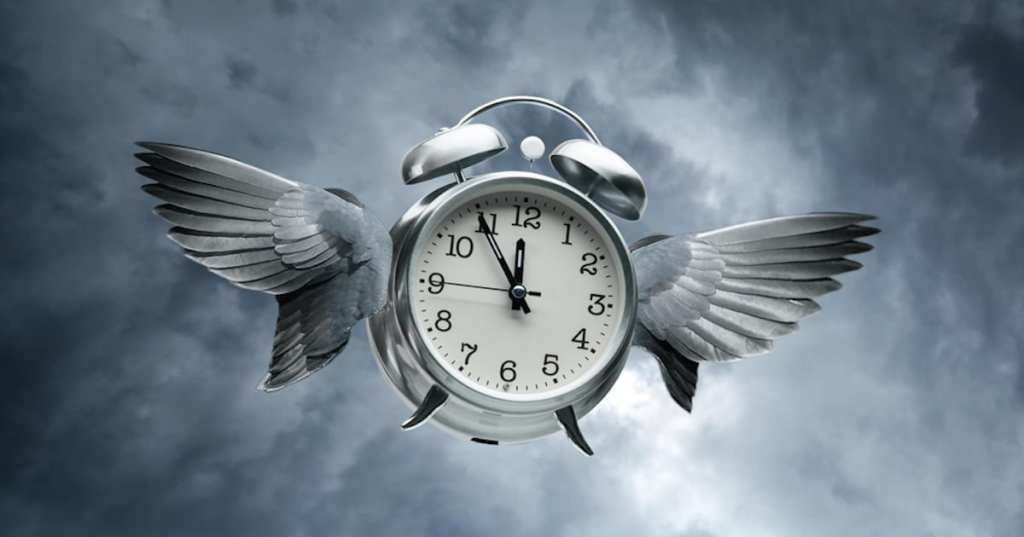Those of us who love stories and theories about time travel know one thing is true – if we want to enjoy them, you have to accept that if you think too hard about anything time travel, it’s going to fall apart.
We accept that, as must as we love to parse and consider and dream about it being a reality, the truth is that science is pretty sure it’s not possible.
Well, until now.

Image Credit: iStock
Germain Tobar, a senior honors undergraduate at the University of Queensland, has published a peer reviewed paper on the topic in Classical and Quantum Gravity. He worked with his physics professor, Fabio Costa, and the two believe they have “found a middle ground in mathematics that solves a major logical paradox in one model of time travel.”
The math is more than I’m honestly able to explain (or really understand), but here’s the crux:
- Time travel focuses on closed time-like curves (CTCs), an idea Einstein first posited.
- Tobar and Costa say that as long as just two pieces of a scenario without those closed time-like curves are still in “causal order” when you return to the present, everything will be fine.
The paper concludes…
“Our results show that CTCs are not only compatible with determinism and with the local ‘free choice’ of operations, but also with a rich and diverse range of scenarios and dynamical processes.”
Costa illustrated the science with an analogy, which may help:
“Say you travelled in time, in an attempt to stop COVID-19’s patient zero from being exposed to the virus.
However if you stopped that individual from becoming infected, that would eliminate the motivation for you to go back and stop the pandemic in the first place.
This is a paradox, an inconsistency that often leads people to think that time travel cannot occur in our universe.
Logically it’s hard to accept because that would affect our freedom to make any arbitrary action.
It would mean you can time travel, but you cannot do anything that would cause a paradox to occur.”
You might have heard of this phenomenon as the “butterfly effect,” which refers to big changes as a result of a small, seemingly innocuous, action.

Image Credit: iStock
What they’re saying is, in terms of mathematical outcomes, you should be careful what you wish for – and be careful what you time travel fo.
“In the coronavirus patient zero example, you might try and stop patient zero from becoming infected, but in doing so you would catch the virus and become patient zero, or someone else would.
No matter what you did, the salient events would just recalibrate around you.
Try as you might to create a paradox, the events will always adjust themselves, to avoid any inconsistency.”
While this idea might kill many a good story, the truth is that, for mathematicians and scientists alike, it helps flatten a speed hump that has long gotten in the way when thinking about time.

Image Credit: iStock
Not only that, but it also fits with the recent quantum findings from Los Alamos, and also with the way random walk mathematics behave in one and two dimensions, as well.
So take heed, science fiction writers of the world – if you can buy into this, it means your characters don’t have to worry (too much) about some small interaction changing the fate of the world.






